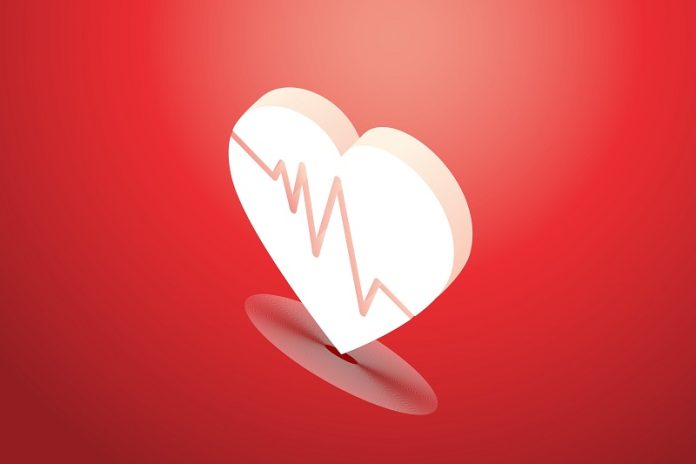
New research shows that early signs of heart trouble may be linked to changes in the brain, such as brain shrinkage, which can be an early warning sign of dementia.
This was found in a recent meta-analysis published in the journal Neurology.
While the study does not prove that heart problems directly cause brain damage, it shows a strong connection between heart health and brain health.
“This review suggests that keeping your heart healthy may also help protect your brain as you age,” said lead author Dr. Frank J. Wolters from Erasmus University Medical Center in the Netherlands.
“It highlights the importance of catching and treating heart problems early.”
The study combined results from seven different research studies in Europe and the United States, involving nearly 11,000 people with an average age of 67.
These studies looked at two types of early heart problems: systolic dysfunction and diastolic dysfunction.
Systolic dysfunction happens when the heart’s left ventricle (its main pumping chamber) can’t contract properly, which makes it hard to pump blood. Diastolic dysfunction is when that same chamber doesn’t relax enough between beats, so it doesn’t fill with blood properly.
All the participants had MRI brain scans to measure brain volume. The researchers found that people with moderate to severe systolic dysfunction had smaller overall brain volumes than those with healthy heart function.
People with diastolic dysfunction also had smaller brains, including a smaller hippocampus—the part of the brain important for memory.
Even people with mild diastolic dysfunction showed signs of reduced brain volume. This suggests that even early or mild heart issues could affect the brain.
Dr. Wolters said that doctors should check people with heart problems for changes in memory and thinking. Catching cognitive decline early could allow for quicker action, such as starting treatments or making lifestyle changes to slow down the process.
However, the study does have some limits. Most participants were white, so the results may not apply to all racial or ethnic groups. More research is needed to confirm these findings in more diverse populations and to better understand how heart and brain health are linked.
Still, the message is clear: taking care of your heart could also help keep your brain sharp as you get older.
If you care about brain health, please read studies about how the Mediterranean diet could protect your brain health, and blueberry supplements may prevent cognitive decline.
For more information about brain health, please see recent studies about antioxidants that could help reduce dementia risk, and Coconut oil could help improve cognitive function in Alzheimer’s.



